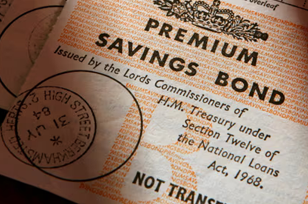Car costs calculator
To use the car costs calculator all you need to start is the car registration number and the calculator works out the rest for you.
The costs covered by the car costs calculator are:
- Car tax
- Car insurance
- Fuel costs
- MOT, servicing and maintenance
- Depreciation value if the car was sold
Buying a car is a large financial commitment which means finding out about the overall running costs can help you avoid buying the wrong car for your budget.
Mileage tax rebates
Claiming a mileage tax rebate is one way to offset some of your car costs. If you use your own vehicle for work purposes you may be eligible to make a claim.
To be entitled your work travel has to meet temporary workplace criteria which does not include normal commuting to only one place of work.
The tax office let you claim back .45p per mile for the first 10,000 miles and .25p per mile thereafter. If your employer reimburses you a non taxable business mileage allowance this needs to be deducted from your mileage claim.
You can use our mileage tax rebate calculator to find out more about mileage tax relief and how much you could be owed back.
A claim for mileage can be backdated for up to four tax years and depending on the value of your claim you may need to submit a self assessment tax return or a P87 form.
Car tax and electric vehicles car costs
Car tax or vehicle excise duty is a standard cost when it comes to running your own car. The vast majority of vehicles need to be taxed with some exceptions like electric cars.
In the Autumn 2022 statement the government announced that electric vehicles will no longer be exempt from VED road tax from April 2025.
The new electric vehicle road tax charge will be a standard £165 and for cars costing £40,000 or more an additional £355 expensive car supplement will be added.
Company car tax
Company car tax will be applicable if you are given a company car by your employer and the car is used for private use including commuting.
Having a company car is called by HMRC a benefit in kind (BIK) and means you will pay more income tax because of the benefit.
The car tax paid on a company car is based on how much the car costs to buy and the fuel type and each car is given a specific BIK (benefit in kind) rate.
Your company car tax can be reduced if you pay something towards the cost of the car or you choose a vehicle with low CO2 emissions.
Electric cars used as a company car have a substantially lower BIK rate in comparison to cars with other fuel types like petrol or diesel.
Checking the amount of company car tax you will pay is worth finding out before you commit to your next company car.
You can use our company car tax guide to find out more about the tax cost of your company car benefit.













